There are 7,241 farms in Massachusetts, with “small farms” accounting for two thirds of the farms in Massachusetts (Umass Amherst Center for Agriculture Food, and the Environment).
While Massachusetts imports a significant portion of the state’s produce, community farms like Brookwood in Canton, MA, are crucial for both food access and community development in the Greater Boston area.
I was lucky to visit Brookwood in order to learn more about the growing practices of the farm and its community centered approach.
Brookwood’s mission? “Connection,” said Hannah Helfner, the farm manager at Brookwood. “Our mission is to help people from all backgrounds to access healthy food, and we're also trying to build a community around the farm and around food.”

While Brookwood does have an incredible full time staff, the farm relies a significant amount on the community.
“A big aspect of the community part of Brookwood is all of our volunteers and our work shares. We have a lot of different volunteering opportunities.”
Volunteers can volunteer for work shares, where they are expected to commit to four or six hours a week during the growing season in exchange for produce. Or, individuals can run the CSA tent and the farm stand, or volunteer at the Roslindale Farmers Market.

“Our main markets are our CSA, that’s the main source of income for the farm. We have over 225 members.”
On their five acre farm, Brookwood grows a variety of vegetables and some flowers.
While Brookwood is not certified organic, the staff follows “all organic practices that a certified organic farm would in terms of like all of our inputs like our fertilizer, and our compost and even on occasion, if we do use pesticides, they're all listed for organic production.”
Brookwood doesn’t keep track of their total yield, but Hannah guessed that “it’s probably hundreds of thousands of pounds, because we donate around 10,000 pounds of food each year.”
Brookwood’s food leaves the farm through several outlets: their CSA–community supported agriculture–program, the Roslindale Farmers Market, and through a diverse donation program.
“We partner with around seven different food pantries and other food access organizations throughout the season. We've worked with the Boston area Gleaners before, we've worked with a Mattapan food and fitness coalition, and we have daily produce donations going out during the main growing season that are picked up by volunteers and delivered to the food pantries.”
Donating fresh produce, and ensuring that their produce is accessible to all socioeconomic backgrounds, is a core pillar of Brookwood’s mission.
“We donate produce and eggs to the vigorous Youth Program at the Mattapan Food and Fitness Coalition who run a farmers market in Mattapan for six weeks over the summer. We donate seedlings to different groups, like the new garden society that teaches horticulture in prisons and correctional facilities throughout the state. We donate leftover seedlings from our annual seedlings sale to them.”
CSA programs can often be cost prohibitive, so Brookwood combats that issue, too. Members are able to email the president of Brookwood’s board and request a reduced cost or free share.
“For our CSA program, we have an option that you can use your SNAP benefits to pay for your CSA share. In Massachusetts there's a program called HIP which reimburses a certain amount of your SNAP benefits on fresh fruits and vegetables from participating vendors. So members who are using their SNAP benefits to purchase a CSA share or who are using their SNAP benefits to buy produce at the farmers market or the farm stand can use their hit benefits and actually get a certain value of that money reimbursed to their account.”
As Brookwood invests in the local community, the community invests back.
“I think it's great that people can come here to get more in touch with where their food is being grown and see it firsthand engage with it. Because I think everyone has the right to know where their food is coming from and how to grow their own food. I think having a small farm, a community centered farm like Brookwood, so close to the city and to so many people on it's a great resource for the community.”
< Back
There are 7,241 farms in Massachusetts, with “small farms” accounting for two thirds of the farms in Massachusetts (Umass Amherst Center for Agriculture Food, and the Environment).
While Massachusetts imports a significant portion of the state’s produce, community farms like Brookwood in Canton, MA, are crucial for both food access and community development in the Greater Boston area.
I was lucky to visit Brookwood in order to learn more about the growing practices of the farm and its community centered approach.
Brookwood’s mission? “Connection,” said Hannah Helfner, the farm manager at Brookwood. “Our mission is to help people from all backgrounds to access healthy food, and we're also trying to build a community around the farm and around food.”

While Brookwood does have an incredible full time staff, the farm relies a significant amount on the community.
“A big aspect of the community part of Brookwood is all of our volunteers and our work shares. We have a lot of different volunteering opportunities.”
Volunteers can volunteer for work shares, where they are expected to commit to four or six hours a week during the growing season in exchange for produce. Or, individuals can run the CSA tent and the farm stand, or volunteer at the Roslindale Farmers Market.

“Our main markets are our CSA, that’s the main source of income for the farm. We have over 225 members.”
On their five acre farm, Brookwood grows a variety of vegetables and some flowers.
While Brookwood is not certified organic, the staff follows “all organic practices that a certified organic farm would in terms of like all of our inputs like our fertilizer, and our compost and even on occasion, if we do use pesticides, they're all listed for organic production.”
Brookwood doesn’t keep track of their total yield, but Hannah guessed that “it’s probably hundreds of thousands of pounds, because we donate around 10,000 pounds of food each year.”
Brookwood’s food leaves the farm through several outlets: their CSA–community supported agriculture–program, the Roslindale Farmers Market, and through a diverse donation program.
“We partner with around seven different food pantries and other food access organizations throughout the season. We've worked with the Boston area Gleaners before, we've worked with a Mattapan food and fitness coalition, and we have daily produce donations going out during the main growing season that are picked up by volunteers and delivered to the food pantries.”
Donating fresh produce, and ensuring that their produce is accessible to all socioeconomic backgrounds, is a core pillar of Brookwood’s mission.
“We donate produce and eggs to the vigorous Youth Program at the Mattapan Food and Fitness Coalition who run a farmers market in Mattapan for six weeks over the summer. We donate seedlings to different groups, like the new garden society that teaches horticulture in prisons and correctional facilities throughout the state. We donate leftover seedlings from our annual seedlings sale to them.”
CSA programs can often be cost prohibitive, so Brookwood combats that issue, too. Members are able to email the president of Brookwood’s board and request a reduced cost or free share.
“For our CSA program, we have an option that you can use your SNAP benefits to pay for your CSA share. In Massachusetts there's a program called HIP which reimburses a certain amount of your SNAP benefits on fresh fruits and vegetables from participating vendors. So members who are using their SNAP benefits to purchase a CSA share or who are using their SNAP benefits to buy produce at the farmers market or the farm stand can use their hit benefits and actually get a certain value of that money reimbursed to their account.”
As Brookwood invests in the local community, the community invests back.
“I think it's great that people can come here to get more in touch with where their food is being grown and see it firsthand engage with it. Because I think everyone has the right to know where their food is coming from and how to grow their own food. I think having a small farm, a community centered farm like Brookwood, so close to the city and to so many people on it's a great resource for the community.”
Brookwood Farm & Community Supported Agriculture
Canton, Massachusetts
There are 7,241 farms in Massachusetts, with “small farms” accounting for two thirds of the farms in Massachusetts (Umass Amherst Center for Agriculture Food, and the Environment).
While Massachusetts imports a significant portion of the state’s produce, community farms like Brookwood in Canton, MA, are crucial for both food access and community development in the Greater Boston area.
I was lucky to visit Brookwood in order to learn more about the growing practices of the farm and its community centered approach.
Brookwood’s mission? “Connection,” said Hannah Helfner, the farm manager at Brookwood. “Our mission is to help people from all backgrounds to access healthy food, and we're also trying to build a community around the farm and around food.”

While Brookwood does have an incredible full time staff, the farm relies a significant amount on the community.
“A big aspect of the community part of Brookwood is all of our volunteers and our work shares. We have a lot of different volunteering opportunities.”
Volunteers can volunteer for work shares, where they are expected to commit to four or six hours a week during the growing season in exchange for produce. Or, individuals can run the CSA tent and the farm stand, or volunteer at the Roslindale Farmers Market.

“Our main markets are our CSA, that’s the main source of income for the farm. We have over 225 members.”
On their five acre farm, Brookwood grows a variety of vegetables and some flowers.
While Brookwood is not certified organic, the staff follows “all organic practices that a certified organic farm would in terms of like all of our inputs like our fertilizer, and our compost and even on occasion, if we do use pesticides, they're all listed for organic production.”
Brookwood doesn’t keep track of their total yield, but Hannah guessed that “it’s probably hundreds of thousands of pounds, because we donate around 10,000 pounds of food each year.”
Brookwood’s food leaves the farm through several outlets: their CSA–community supported agriculture–program, the Roslindale Farmers Market, and through a diverse donation program.
“We partner with around seven different food pantries and other food access organizations throughout the season. We've worked with the Boston area Gleaners before, we've worked with a Mattapan food and fitness coalition, and we have daily produce donations going out during the main growing season that are picked up by volunteers and delivered to the food pantries.”
Donating fresh produce, and ensuring that their produce is accessible to all socioeconomic backgrounds, is a core pillar of Brookwood’s mission.
“We donate produce and eggs to the vigorous Youth Program at the Mattapan Food and Fitness Coalition who run a farmers market in Mattapan for six weeks over the summer. We donate seedlings to different groups, like the new garden society that teaches horticulture in prisons and correctional facilities throughout the state. We donate leftover seedlings from our annual seedlings sale to them.”
CSA programs can often be cost prohibitive, so Brookwood combats that issue, too. Members are able to email the president of Brookwood’s board and request a reduced cost or free share.
“For our CSA program, we have an option that you can use your SNAP benefits to pay for your CSA share. In Massachusetts there's a program called HIP which reimburses a certain amount of your SNAP benefits on fresh fruits and vegetables from participating vendors. So members who are using their SNAP benefits to purchase a CSA share or who are using their SNAP benefits to buy produce at the farmers market or the farm stand can use their hit benefits and actually get a certain value of that money reimbursed to their account.”
As Brookwood invests in the local community, the community invests back.
“I think it's great that people can come here to get more in touch with where their food is being grown and see it firsthand engage with it. Because I think everyone has the right to know where their food is coming from and how to grow their own food. I think having a small farm, a community centered farm like Brookwood, so close to the city and to so many people on it's a great resource for the community.”
.png)

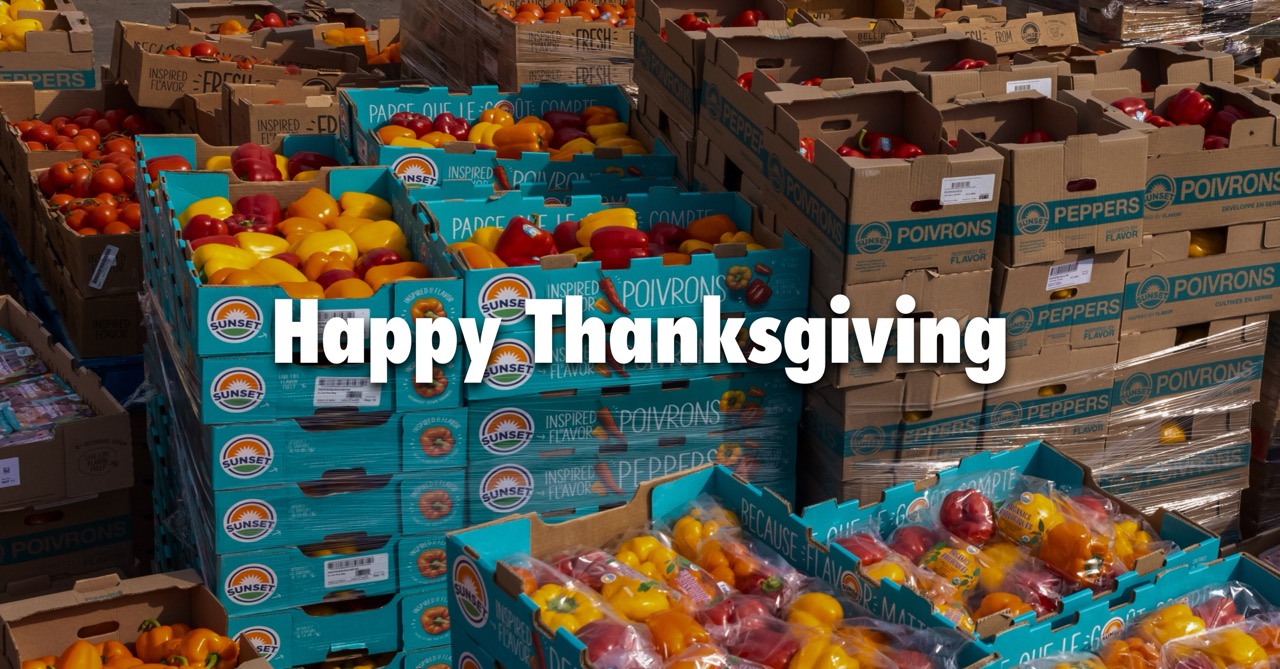
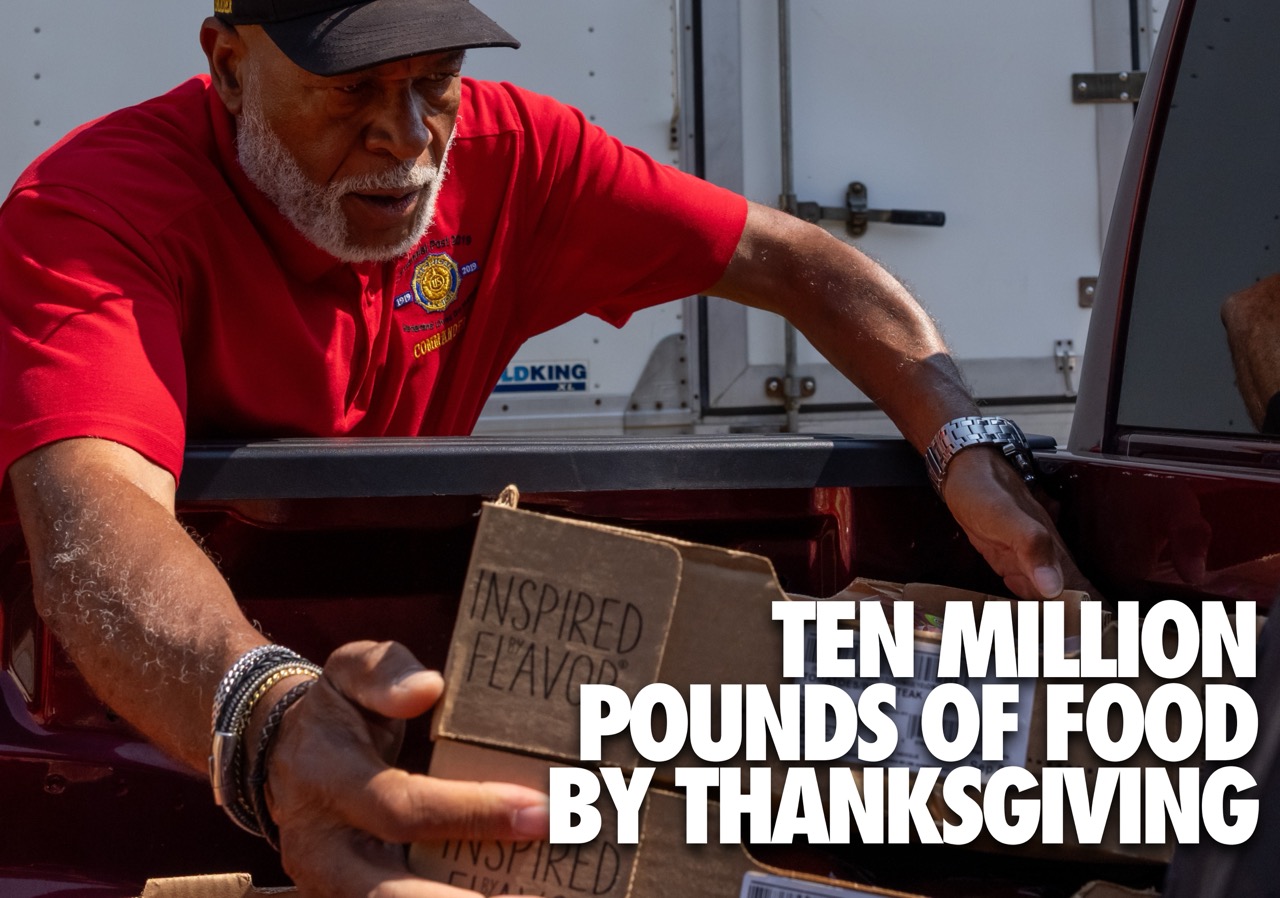
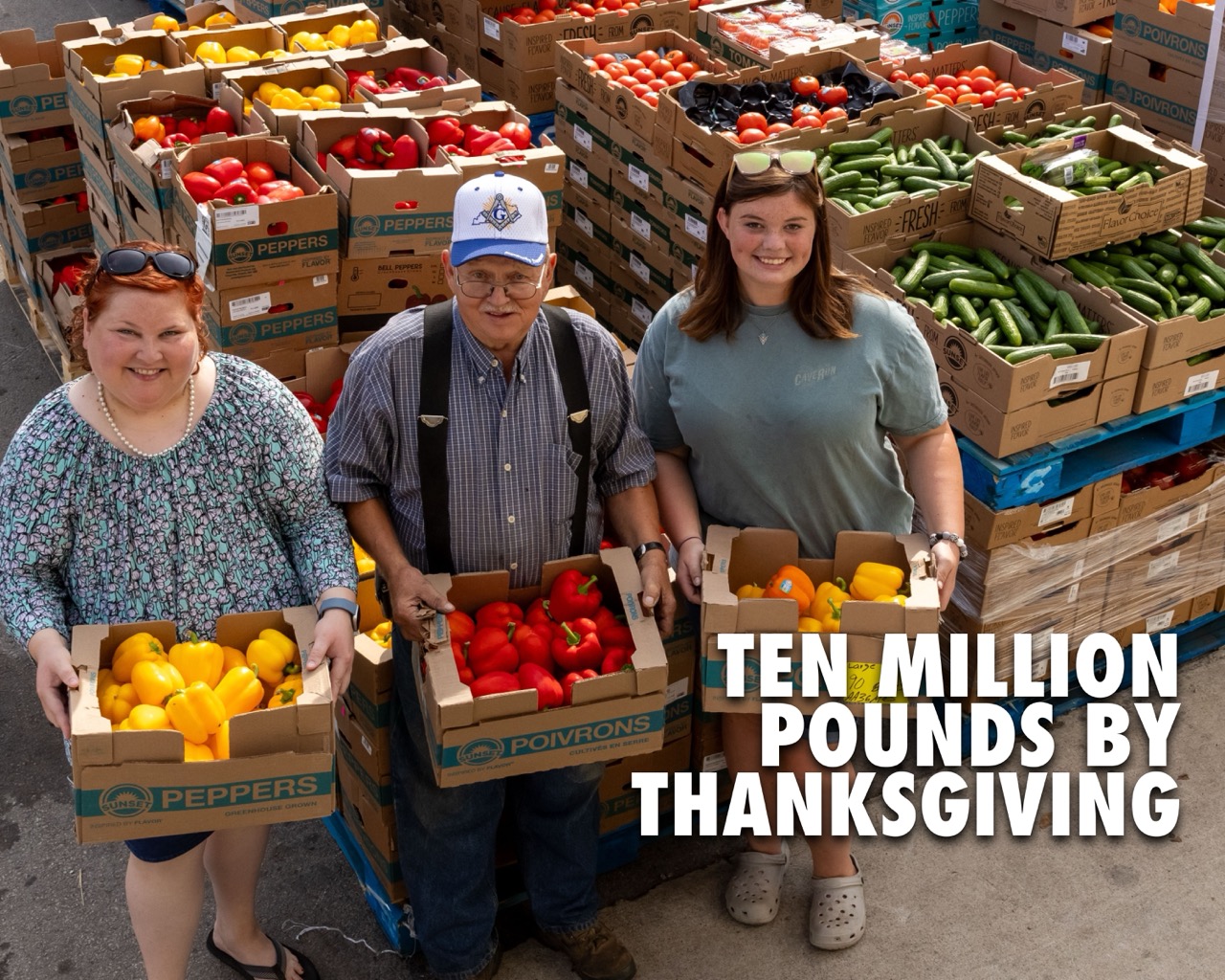
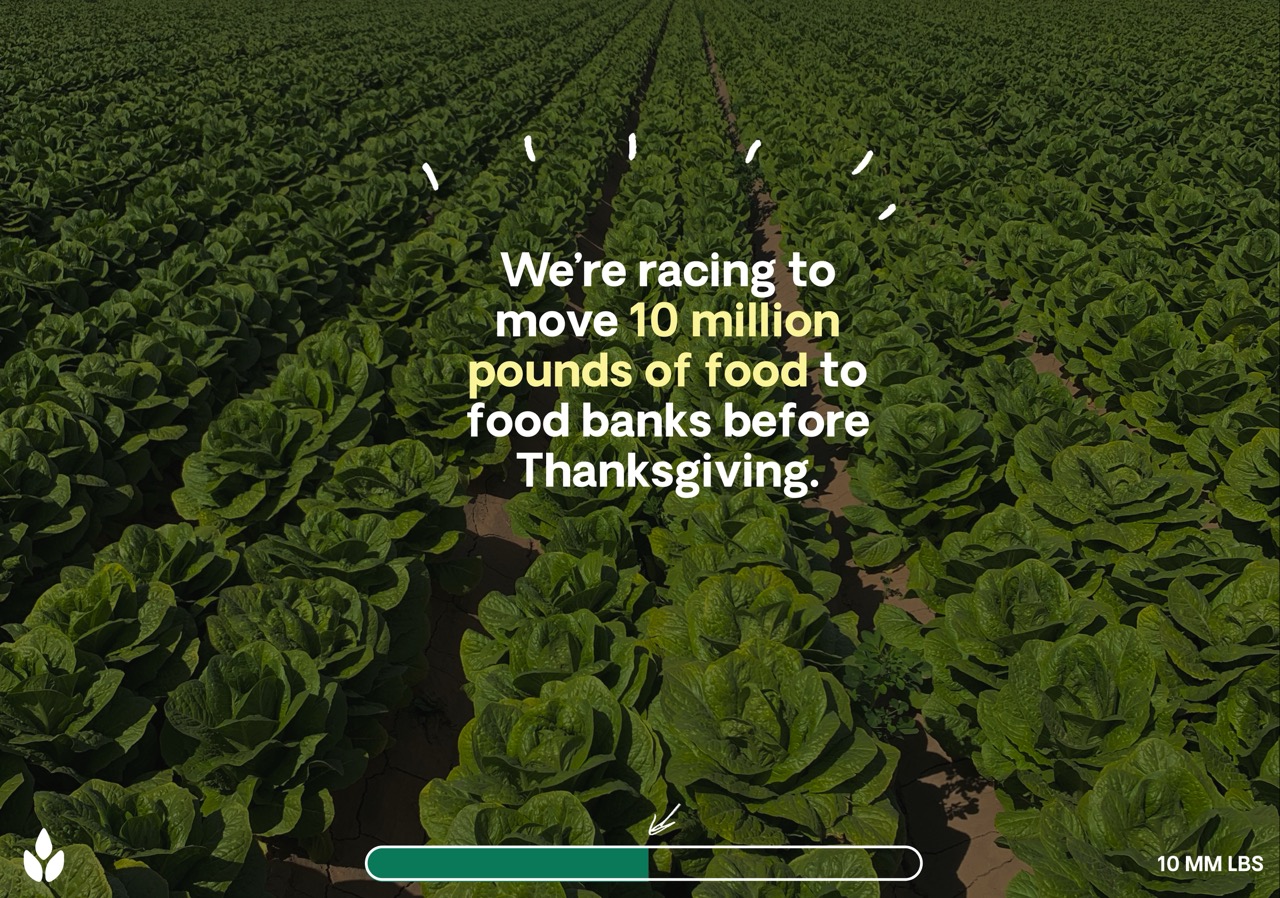
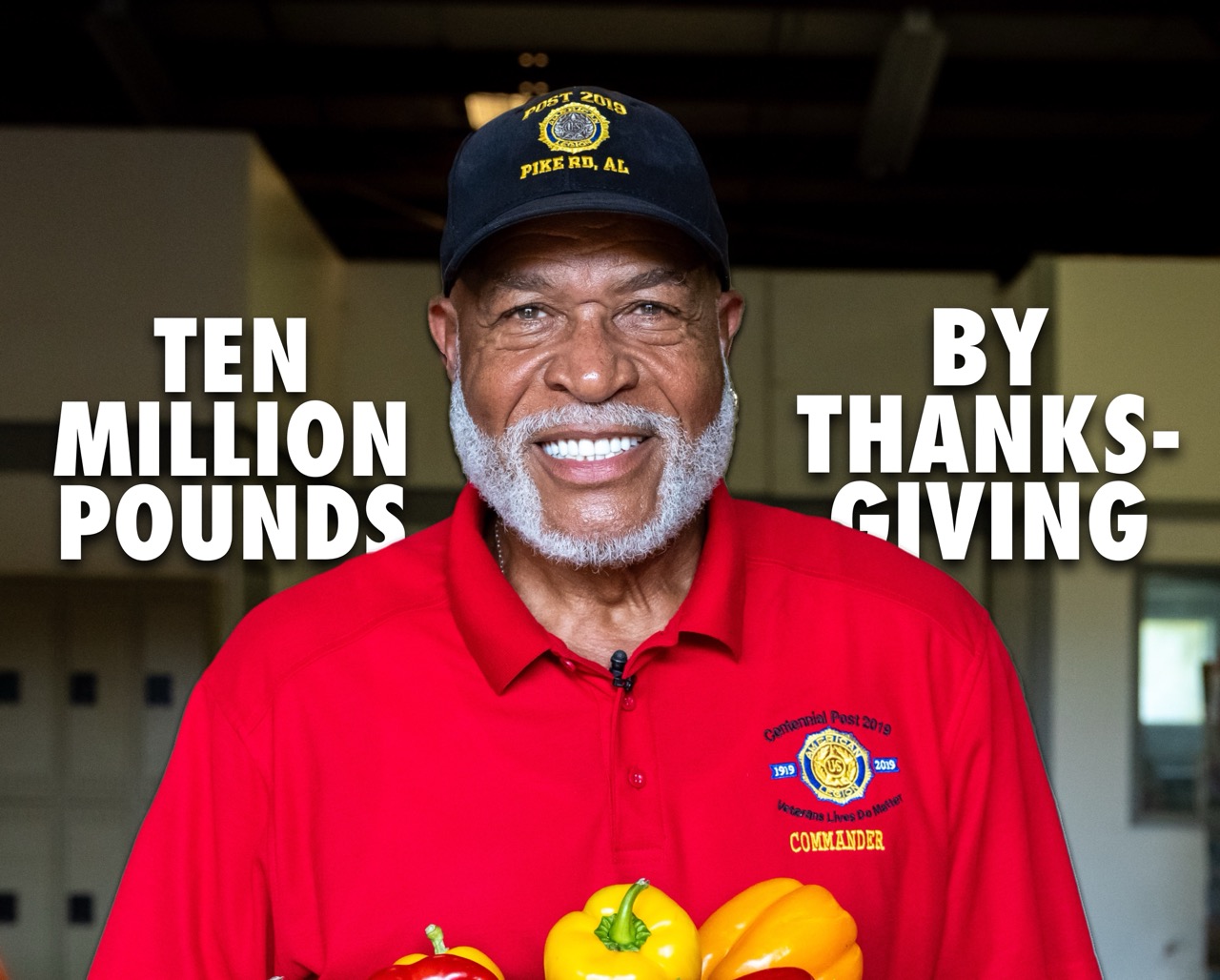
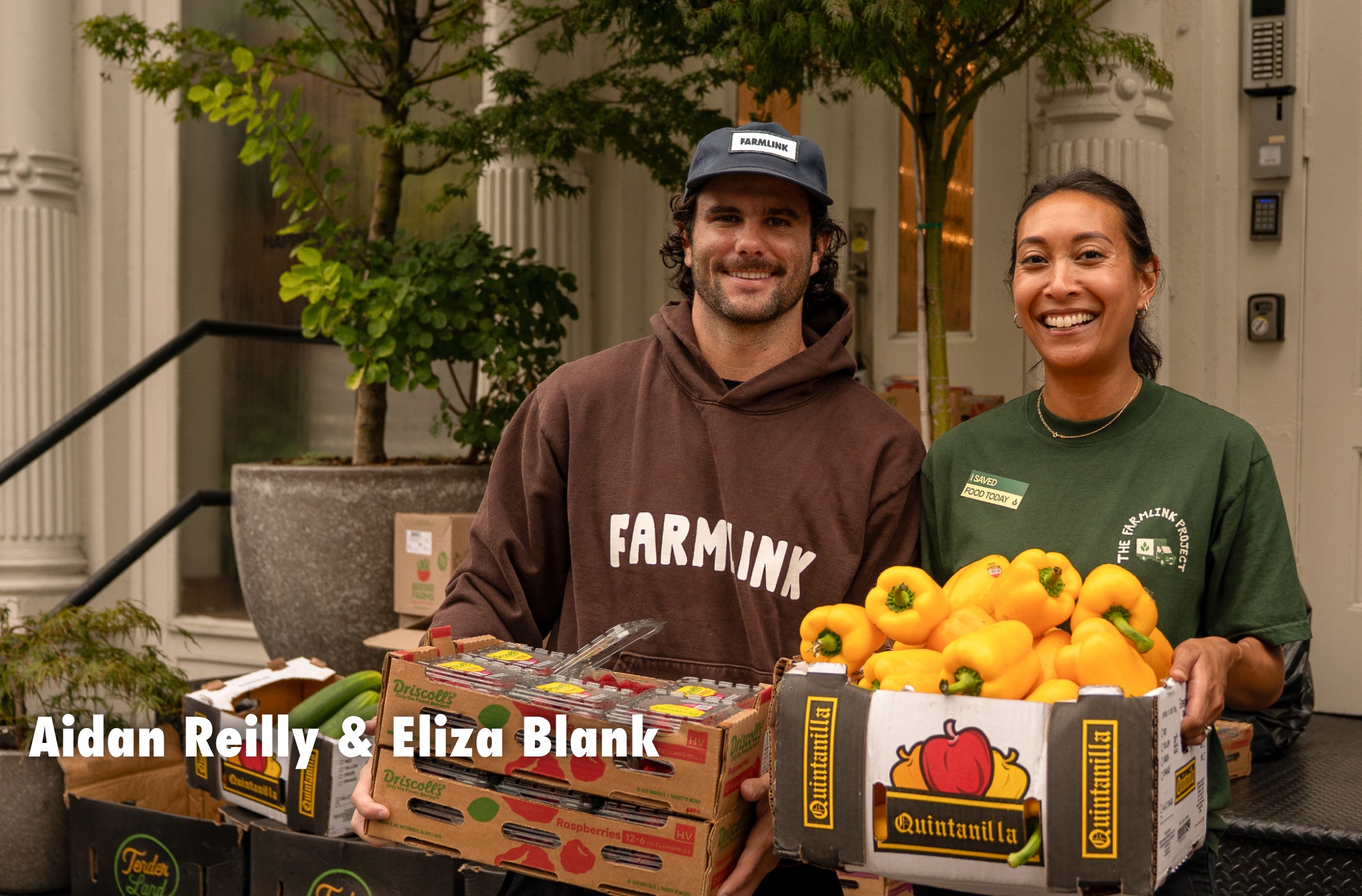
.svg)
.svg)
.svg)